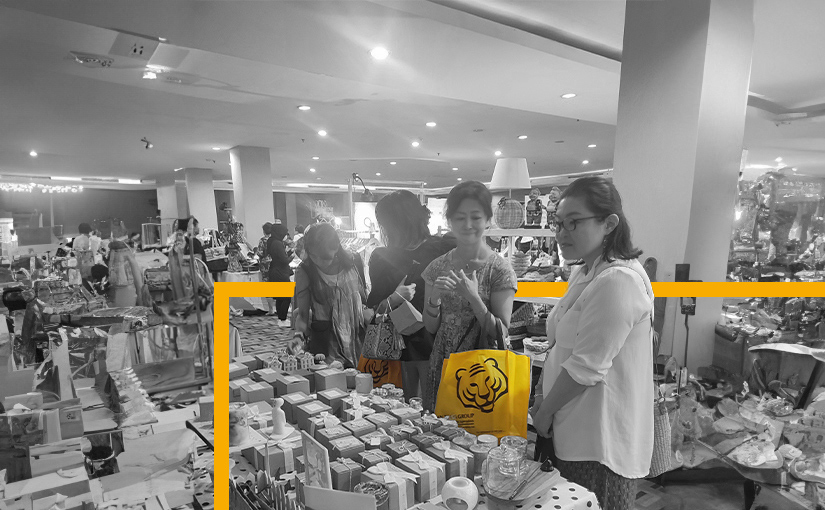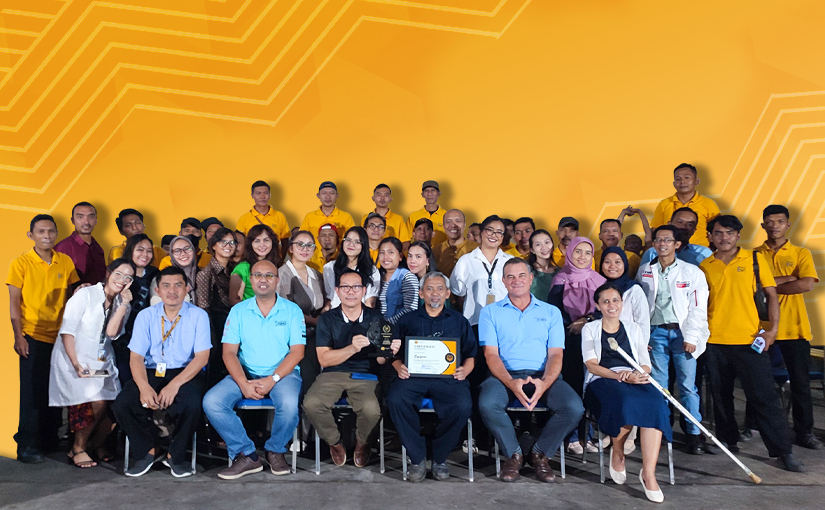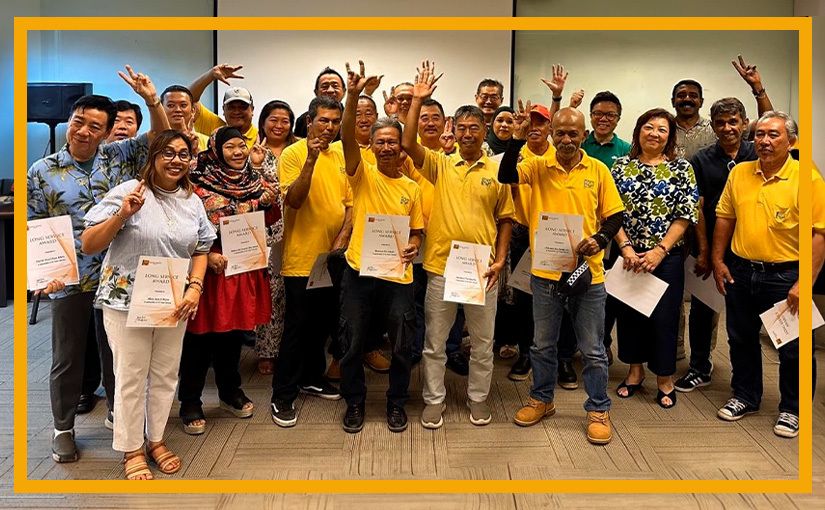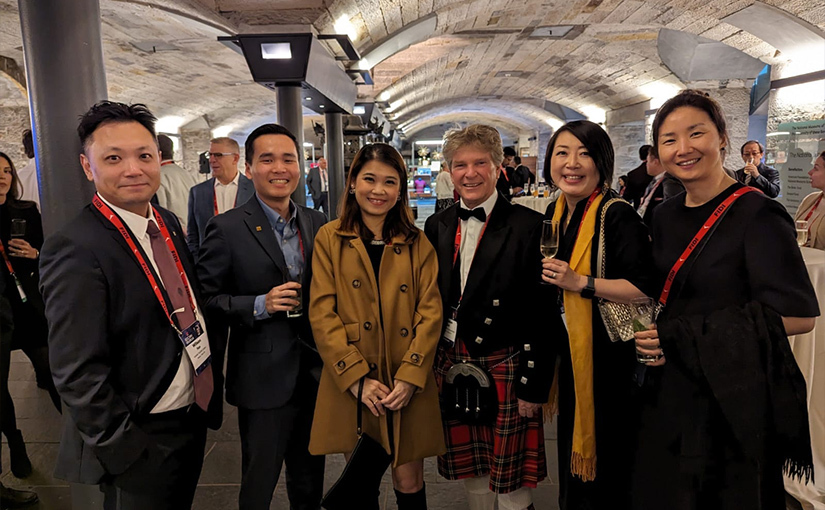Expat Living – Different Work Cultures in Asia
Expat Living – Different Work Cultures in Asia
8 Nov 2022
If you are a new expat with your assignment in an Asian country, you may probably feel frustrated about the communication. When you believe communicating with someone who does not speak the same mother language as yours is the greatest challenge you’ve ever had, you think in the wrong way! Language is not only the biggest barrier you must overcome but also the different office cultures. Before coming to Asia, you should understand that Asian countries share similar cultures but not the same. Therefore, you should be aware of the difference in office cultures even if you move from one Asian country to another.
Some Asian countries have strong work cultures. The workplaces in Asian countries are very formal, yet Westerners are comparatively more casual in the office. In Western countries, calling colleagues by their first name is very common. However, use Japan as an example; calling colleagues by their first name is weird and disrespectful unless you have a close relationship with co-workers. In Japan, everyone usually calls one’s last name instead. Calling each other by the last name is the first step; the second step is to familiarize oneself with the hierarchy system. The hierarchy system is still quite strong in many workplaces in Indonesia, Korea, and Japan. That’s why you have to know the seniority of your co-workers. Once you see the seniority, you can first understand whom you should greet.
You may also need to pay attention to the dress code. As for the Japanese, most business people wear grey, navy, or black suits with ties daily, whether in summer or winter. You can easily find people on the streets wearing similar outfits. In addition, in Hong Kong, you can hardly find boys in the business field who do not wear a suit from Monday to Friday. Therefore, it is probably not a good idea to wear a casual outfit to work in Asia. However, the unwritten dress code rules may vary among countries, and you should observe and ask your local colleagues about the dress code.
Don’t think that everything is over once the working hour is over. Most Westerners prefer work-life balance and are less likely to work overtime. Yet, you should not expect to leave on time when working in Asian countries. Going earlier than your supervisor is weird in China as everyone pretends to be a hard-working employee. Instead of staying in the office, Korean and Japanese would have after-work dinner or drink with their co-workers as they believe it is the social time for staff to bond and enhance relationships. A common saying in Japan is, “if you want to work your way up the corporate ladder, you have to drink.”
Of course, you may find it challenging to get used to the new culture, yet, time and observation can help. Don’t worry!
If you would like assistance with shipping or relocation support, contact your local Asian Tigers office or reach out to us via our contact us. You’ll get the benefits of an accurate quote and identifying items to pack that you may not have even thought of that help you avoid unexpected expenses.
If you found this article interesting, you might also be interested in taking a look at:













